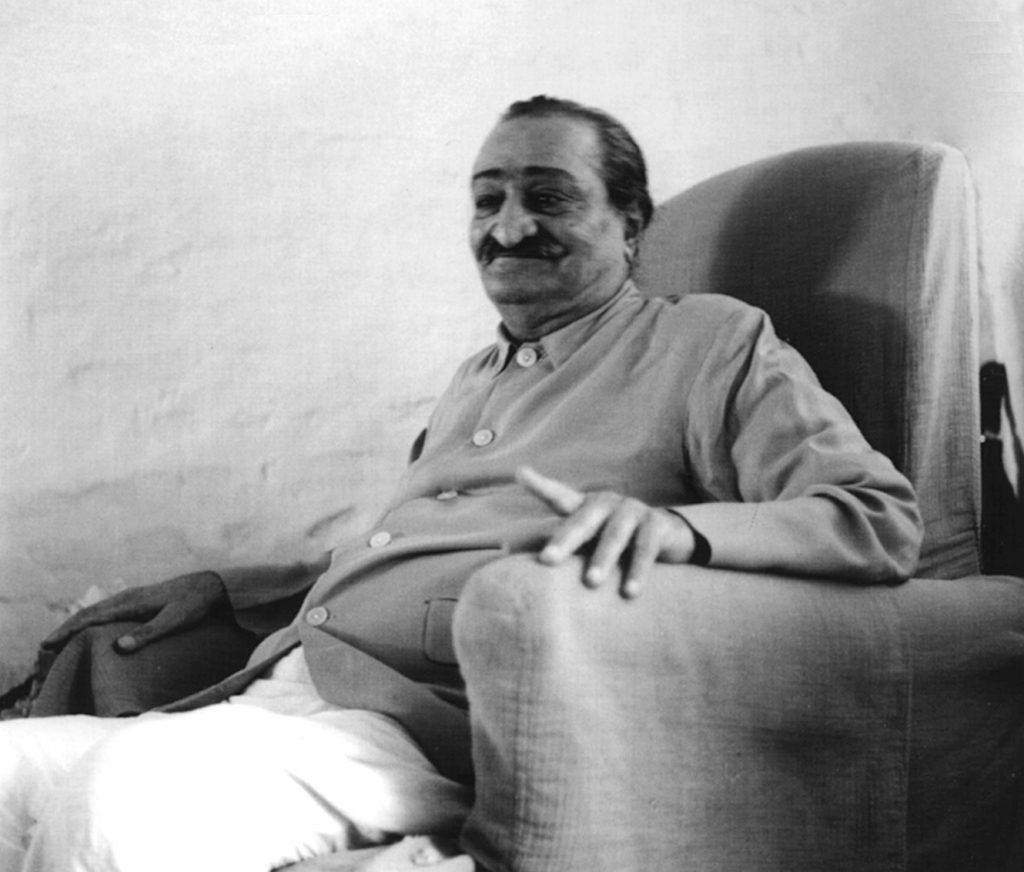
Willing obedience is the real type of obedience inspired by wholehearted love. Even in this last type of obedience (Obedience of a lover of God) though, there are different stages:
(a) In the first stage the lover uses his common sense and discrimination in obeying. For example, take Gadekar who loves me very much and really wants to obey me willingly. If I tell him: “You must cut off your only son Digambar’s head!” Gadekar’s common sense would tell him to hesitate and he would begin to think: “How can Baba say that, and ask me to kill my son? Baba would not have meant it seriously.”
Then I remind him: “I am telling you very seriously and in all earnest. Cut Digambar’s throat!”
Again, Gadekar’s common sense and discrimination comes into play. He gets up rather reluctantly and goes in search of a blunt blade and thinks: “Baba must have meant that I should just inflict a small cut on Digambar’s throat … Baba would not have meant that I should kill him. Just inflicting a small cut with a blunt knife or blade will satisfy Baba. Baba has not ordered that I should actually separate the head from the trunk. Baba only asked me to ‘cut’ [his throat].” Thus Gadekar neither disobeys Baba, nor does he do any serious harm to his son. He makes an effort and uses his discrimination, giving only a slight and superficial cut to Digambar. In his discrimination, he has modified the original order in his own interest. This is one stage of willing obedience.
(b) The second stage is characterized by literal obedience. Here Gadekar gets up with no cheer in his heart, shuts his eyes and cuts Digambar’s throat. It is like taking a bitter medicine — “castor oil obedience.” Gadekar does not use his common sense or discrimination. He obeys but without relishing it.
(c) In the third stage the lover seeks the pleasure of the Master. Here Gadekar cuts Digambar’s throat in order to please me, and feels quite happy and cheerful, and does it wholeheartedly. He is pleased in doing so and feels satisfied because he has thereby pleased me. I call this type of obedience “complete obedience for the pleasure of the Beloved.”
(d) Another type of obedience is the state of absolute obedience. It is different from the other types. None except the advanced souls on the Path can give such obedience to the Master. Those on the fifth and sixth planes alone can give such obedience to the Master.
Suppose Gadekar and Digambar are before me and I tell the father: “Gadekar, you have come here. Where is your son? Why isn’t he here?” His absolute obedience leads Gadekar to such oblivion that he does not see Digambar by his side and also tells me: “Yes, Baba, Digambar is not to be seen.” This is not just nodding his head to please the Master, but he actually does not see that Digambar is by his side.
In conclusion, Baba gestured with a smile, “Don’t be afraid! Baba is not going to ask anyone to cut anybody! It was just a simile. To ‘cut’ means to remain detached.”
-www.lordmeher.org, p4224
Dec, 1957; Guruprasad